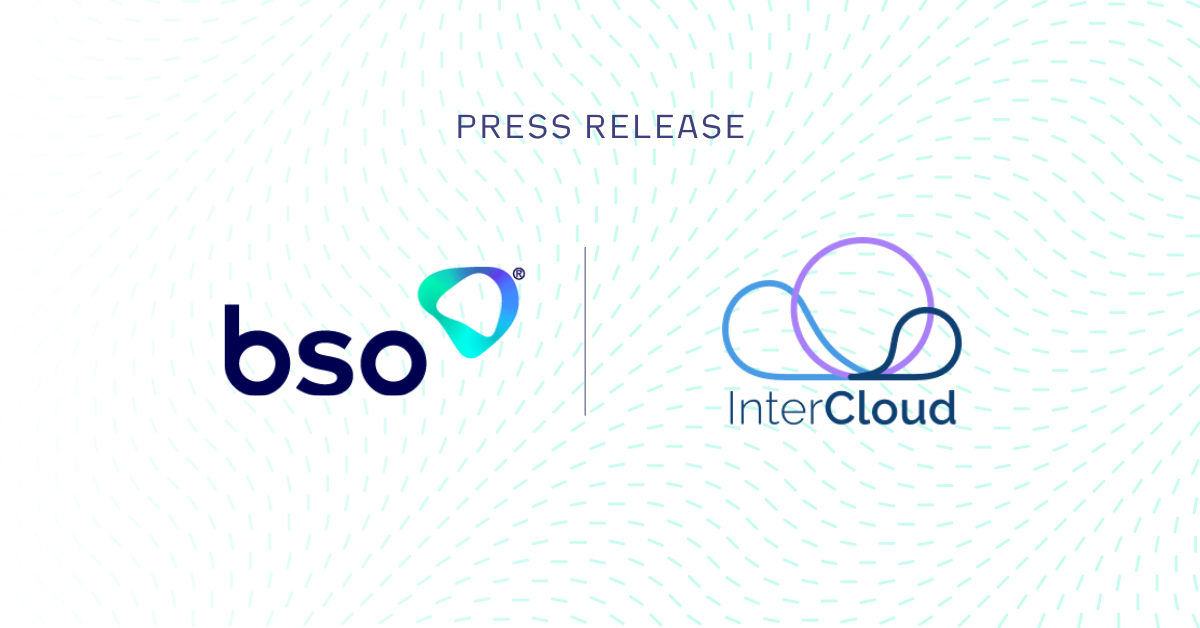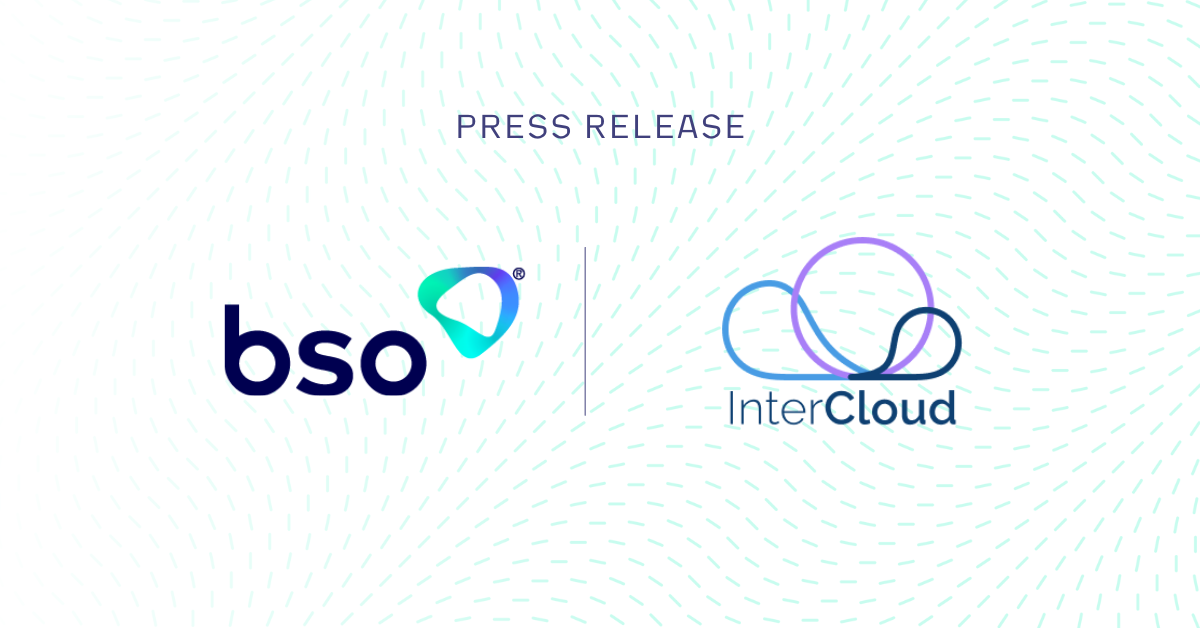
There is a tidal wave of trade in digital assets underway around the world. Before it was difficult for institutional investors to trade digital assets because it functions in a different manner from traditional financial assets. But that is changing, driven by client demand, institutional adoption of digital assets is gradually taking root and new rails are regularly being developed to bridge the gap between traditional and digital asset markets.
The latest example is the ProShares Bitcoin Strategy ETF (BITO), the first ETF of its kind to offer American investors exposure to bitcoin through their brokerage account. With ETF, digital assets can be bought and sold like a stock eliminating the complexity of opening a digital asset wallet and establishing another account for digital asset trading. That’s a huge boon for traditional investors that prefer the convenience, liquidity and regulatory certainty of ETFs.
And it has opened the flood gates to more products like it. The potential for growth is massive. In just it’s first two days of trading, BITO saw a trading volume of USD 1.2 billion, becoming the second-most heavily traded ETF on record, according to Bloomberg data[1]. Globally the digital asset market cap has exploded to over USD 2 trillion[2] and in Europe alone the digital assets institutional market could top EUR 1.5 trillion by 2024[3]. The region is at the centre of growth in digital assets and blockchain technology, accounting for 40% of all digital asset users globally[4] and leads in terms of usage and investment in digital assets, blockchain job growth, and technological innovation.
So with so much demand for digital assets and so much value being built in the space it is important financial institutions have the proper tools to meet the increased digital asset needs of their clients.
Regulatory certainty fuelling growth
Digital assets is an exciting area of growth for institutions, but there is hesitancy among them due to a lack regulatory clarity in some countries. Fortunately, that is slowly changing. As we’ve seen in the case of the ProShares ETF, regulation has proven to be beneficial for growth. Where governments give their blessings and support to the burgeoning industry, growth follows.
Europe isn’t far behind and by the end of 2022 the EU’s Markets in Crypto-Assets (MiCA) regulation is expected to come into force[5] levelling the field for digital asset investors across Europe and giving them greater confidence to invest in the industry. With it, investment in the digital asset ecosystem will deepen and so will user demand for more sophisticated institutional grade digital asset products.
Financial service providers in turn will have the assurance needed to participate in the market. They will also be driven to enhance their capabilities for the custody of digital assets because they have the same expectations for traditional assets – providing the ability to trade safely, preventing theft and fraud, and reporting on digital assets in ways that comply with regulatory standards, investor expectations, and best practices in risk management.
Cloud infrastructure implications
Key cloud considerations are equally important for digital assets. Unlike traditional trading infrastructure, where an institution will use dedicated collocated hosted infrastructure, a majority of digital asset exchanges use public cloud to run.
There are several reasons for this. In the early days of digital assets, many digital asset exchanges were built in the public cloud to support instant scalability and the unpredictable nature of growth. At such an early stage, firms couldn’t have projected how big the market was going to be or how much capacity they would need, and so the cloud was an ideal solution for the flexibility they needed. But global financial institutions are a lot more demanding than digital asset players especially when it comes to security, stability and the performance of their network connectivity. So for them, dedicated infrastructure was the best choice for the job.
But now that digital asset trading has become more mature and demand for them grows, institutions have realised that their legacy systems, built on decades-old technology are too outdated, slow and ill-suited to the needs of trading and holding digital assets. To truly make the most of the digital asset boom they need secure stable connections and robust infrastructure to bridge the gap between their dedicated infrastructure and cloud-hosted crypto exchanges and platforms.
Cloud connectivity providers can help institutions bridge their infrastructure. The key things to keep in mind when selecting one is that digital asset trading is highly fragmented so it’s important that cloud providers are able to connect to all major crypto platforms across multiple geographies and wherever it is located, whether in the cloud or collocated data centres. And providers that can do it at the lowest latency possible and away from public internet are the best positioned to support institutions with security, market making, arbitrage and liquidity aggregation.
Transformation at centre stage
With the advent of more digital asset-based financial products, greater regulatory acceptance and growing acknowledgement of digital assets by investors, traditional financial service providers can no longer afford to dither. They must adapt if they wish to compete in the new exciting market of digital assets. If they stall, they’ll be left out of a trillion-dollar opportunity.
Institutional adoption of digital assets must take centre stage and now is the time to architect the new digital asset industry, engineer its cloud foundations and assemble the rails that will bridge traditional and digital asset markets.
[1] ProShares Bitcoin Strategy ETF (BITO) Tops $1.1 Billion AUM in Two Days - Bloomberg
[2] digital-assets-from-fringe-to-future.pdf.coredownload.pdf (bnymellon.com)
[3] Digital assets – what is it all about? Definition and development of a market that will be worth billions - BankingHub
[4] Tokenization in Europe - Current state and future outlook – Tangany
[5] Crypto-Europe: Comprehensive European Regulation For Crypto Assets Has Been Presented (forbes.com)
ABOUT BSO
The company was founded in 2004 and serves the world’s largest financial institutions. BSO is a global pioneering infrastructure and connectivity provider, helping over 600 data-intensive businesses across diverse markets, including financial services, technology, energy, e-commerce, media and others. BSO owns and provides mission-critical infrastructure, including network connectivity, cloud solutions, managed services and hosting, that are specific and dedicated to each customer served.
The company’s network comprises 240+ PoPs across 33 markets, 50+ cloud on-ramps, is integrated with all major public cloud providers and connects to 75+ on-net internet exchanges and 30+ stock exchanges. The team of experts works closely with customers in order to create solutions that meet the detailed and specific needs of their business, providing the latency, resilience and security they need regardless of location.
BSO is headquartered in Ireland, and has 11 offices across the globe, including London, New York, Paris, Dubai, Hong Kong and Singapore. Access our website and find out more information: www.bso.co
SALES ENQUIRY
Get in touch now. Find out how we can transform your business_
You might be interested in_
THE BSO DIFFERENCE
The industries we work across_





/Revolutionising-Connectivity%20BSOs-Tailored-Cloud-Solution-for-CryptoStruct-GmbH.png?width=1050&height=550&name=Revolutionising-Connectivity%20BSOs-Tailored-Cloud-Solution-for-CryptoStruct-GmbH.png)
/6%20Cloud%20Best%20Practices%20for%20Financial%20Technology%20Companies.jpg?width=1200&height=600&name=6%20Cloud%20Best%20Practices%20for%20Financial%20Technology%20Companies.jpg)








